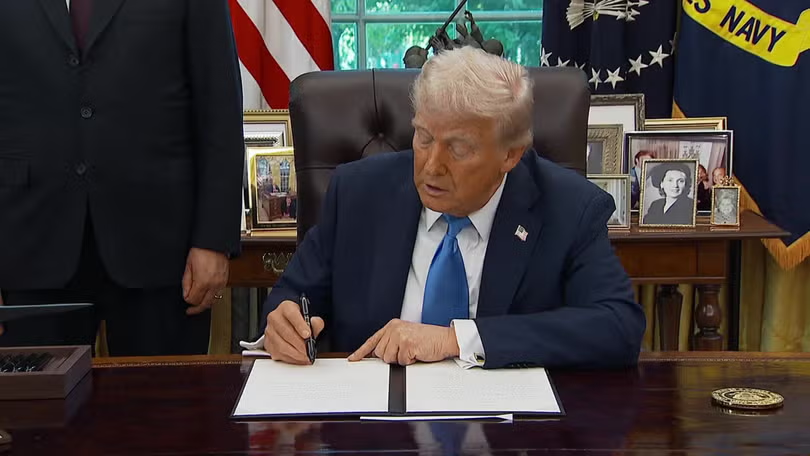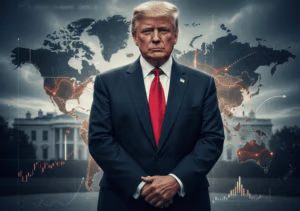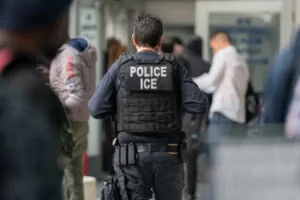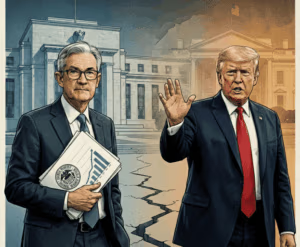President Donald Trump signed an executive action on Friday that would impose a $100,000 application fee for H-1B visas, in what his administration describes as an effort to curb overuse of the program.
“We need great workers, and this pretty much ensures that that’s what’s going to happen,” Trump said from the Oval Office, where officials explained that the measure is designed to incentivize companies to hire American workers first, while still leaving room to recruit highly skilled foreign talent in specialized fields. The proclamation will restrict entry under the H-1B program unless the new fee is paid.
Alongside the fee increase, Trump also announced a separate “gold card” immigration pathway. The policy would allow foreigners to fast-track their visas by paying $1 million, or enable companies to accelerate the process for a sponsored worker by paying $2 million.
These changes represent the latest in a series of immigration crackdowns by the Trump administration, which has sought to place new restrictions on who is eligible to enter the country. Analysts say the move could have a significant impact on industries that depend heavily on H-1B workers, particularly in the technology sector.
The H-1B visa, valid for three years and renewable for another three, has long been a cornerstone of the U.S. labor system for specialized roles. Economists argue that the program enables American companies to remain competitive globally, expand their operations, and create jobs domestically.
Commerce Secretary Howard Lutnick said Friday that the administration settled on the fee of $100,000 per year, plus vetting costs, after consulting with companies. He added that officials are still weighing whether the government will charge $300,000 upfront or $100,000 annually over three years.
Trump’s position on H-1Bs has shifted over time. As president, he restricted foreign worker visas during his first term and frequently targeted the program in his rhetoric. During the 2016 campaign, he accused companies of using H-1B visas “for the explicit purpose of substituting for American workers at lower pay.” Yet in the 2024 campaign, he signaled openness to granting legal status to some foreign-born students graduating from U.S. universities.
He has also defended the program at times. In December, Trump told the New York Post, “I’ve always liked the visas, I have always been in favor of the visas. That’s why we have them.”
Supporters and critics alike note that the president’s views have sometimes clashed with those within his own base. Last year, Elon Musk and Vivek Ramaswamy — whom Trump had initially tapped to lead the Department of Government Efficiency — voiced support for H-1Bs, sparking backlash from some MAGA loyalists who want tighter restrictions on immigration.
Currently, the U.S. grants 65,000 H-1B visas annually, with an additional 20,000 reserved for advanced degree holders from American institutions. Because demand routinely exceeds supply, visas are allocated via a lottery. While many industries rely on the program, the technology sector is most closely associated with H-1B hiring, arguing that U.S. companies cannot find enough highly trained workers domestically.






